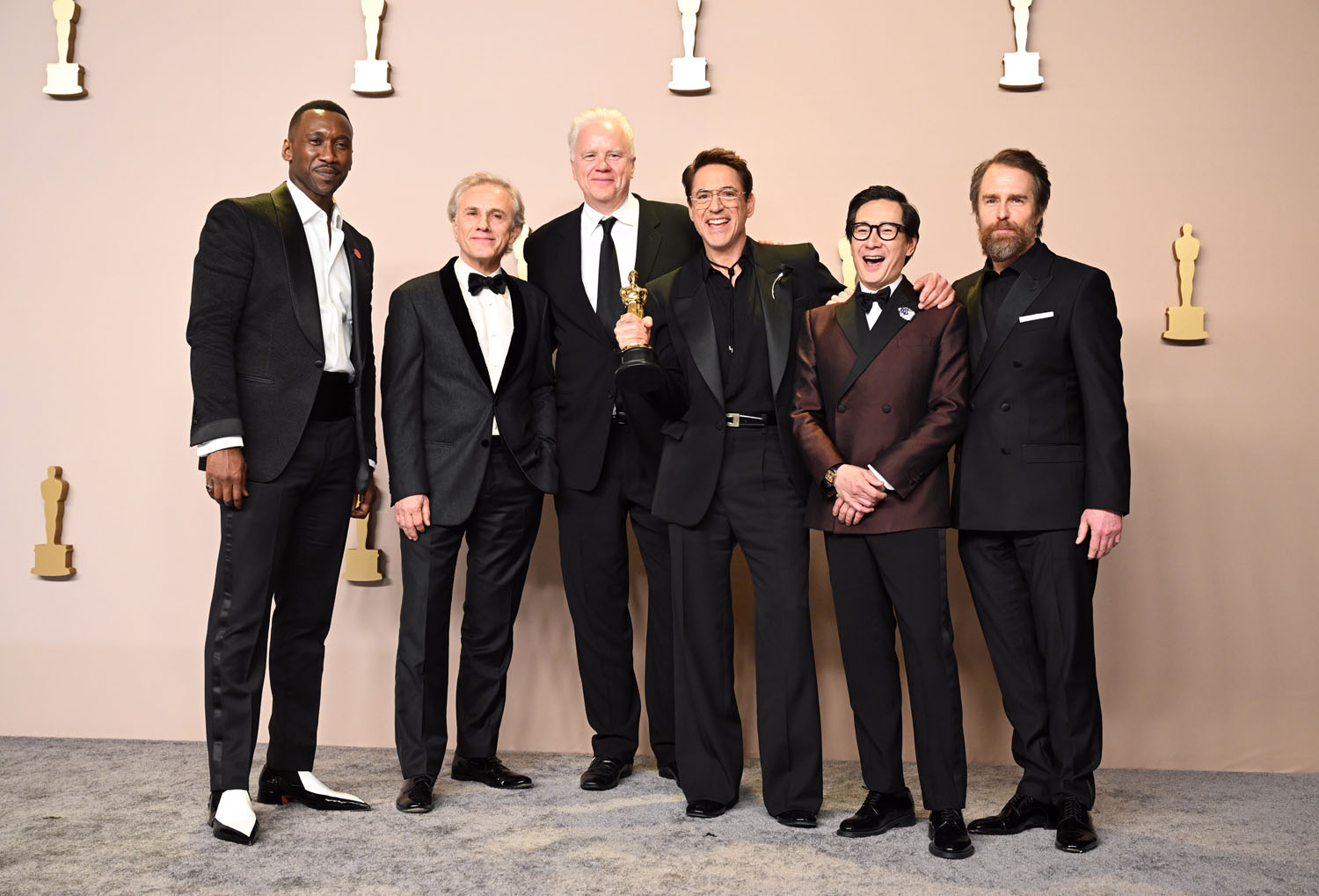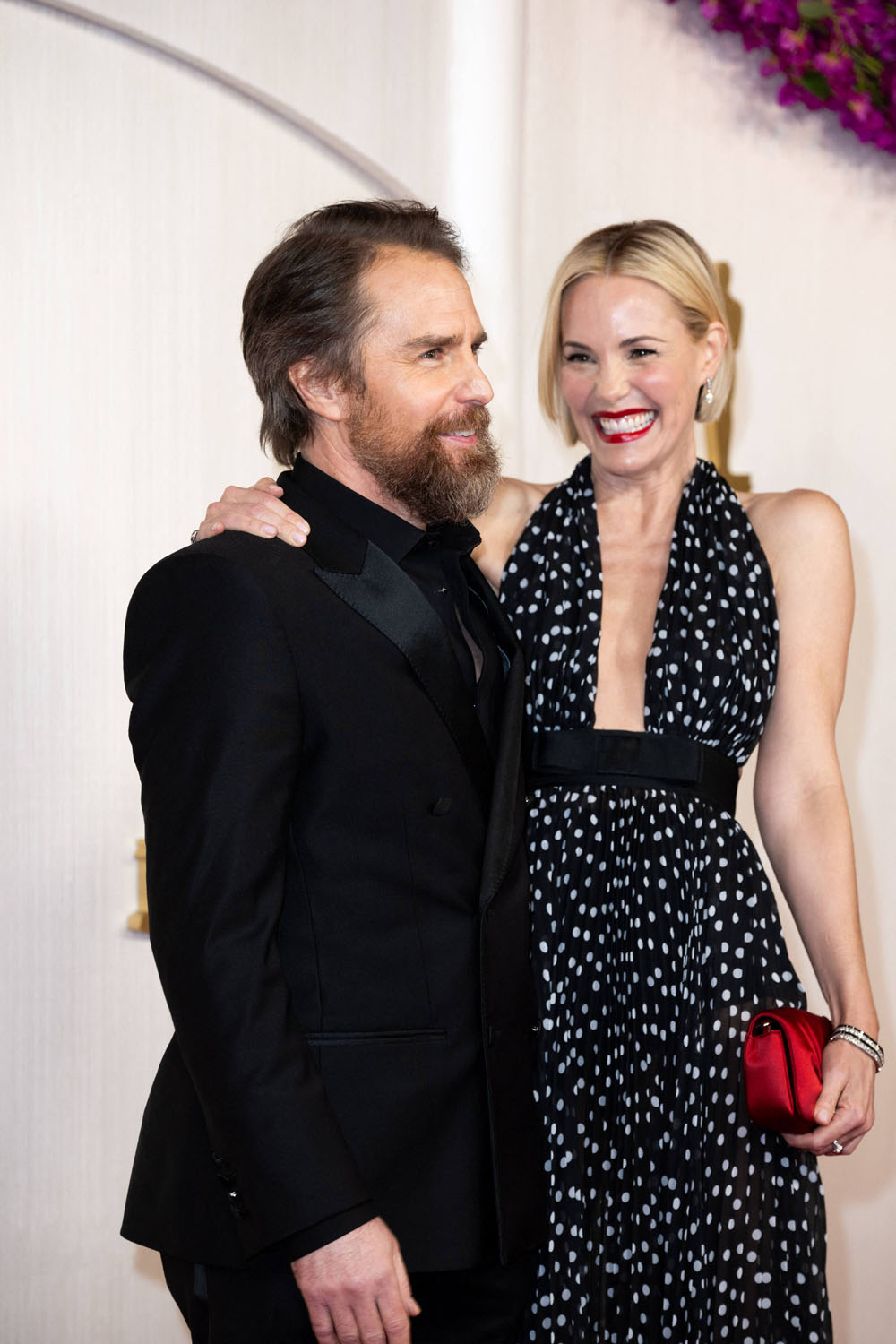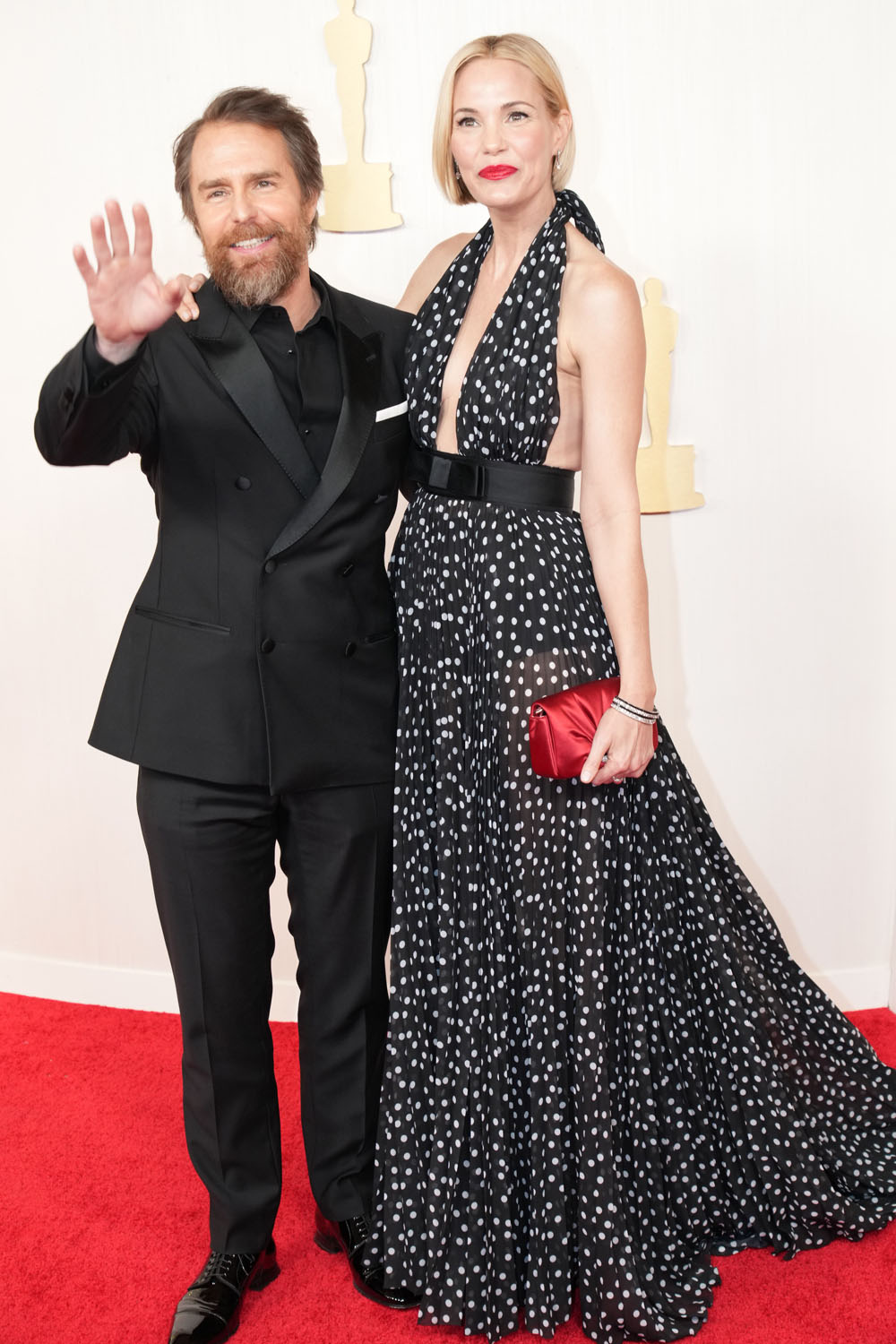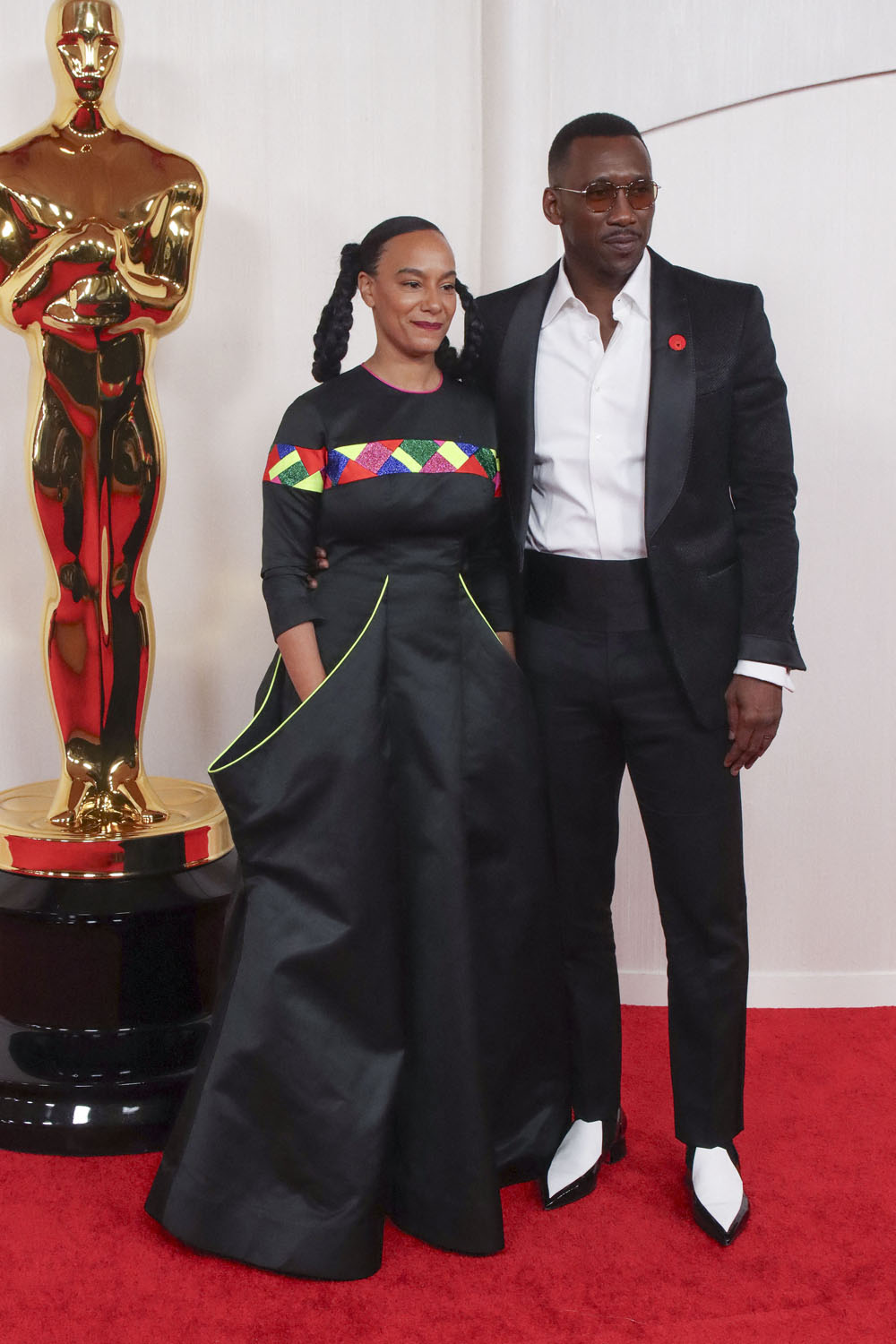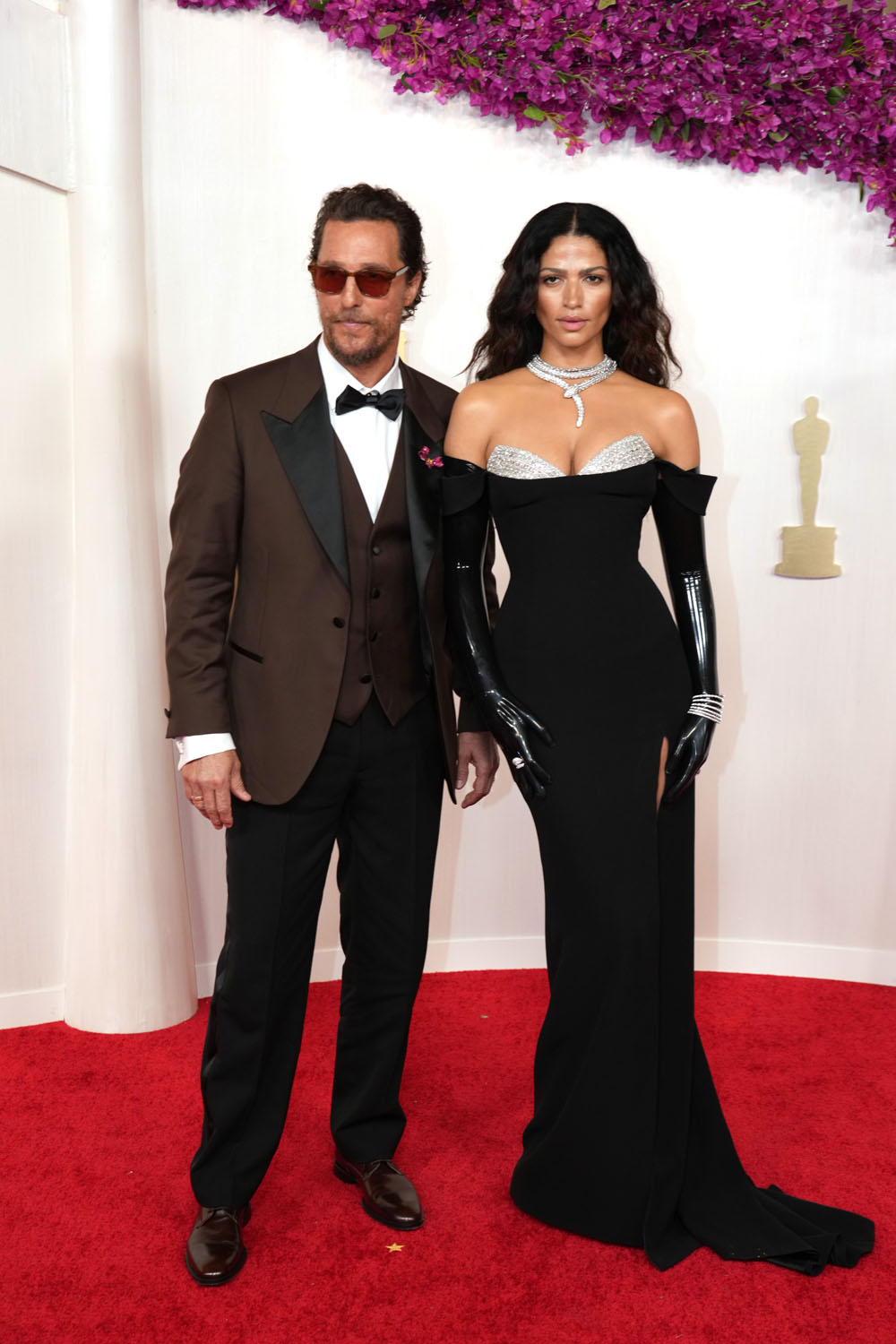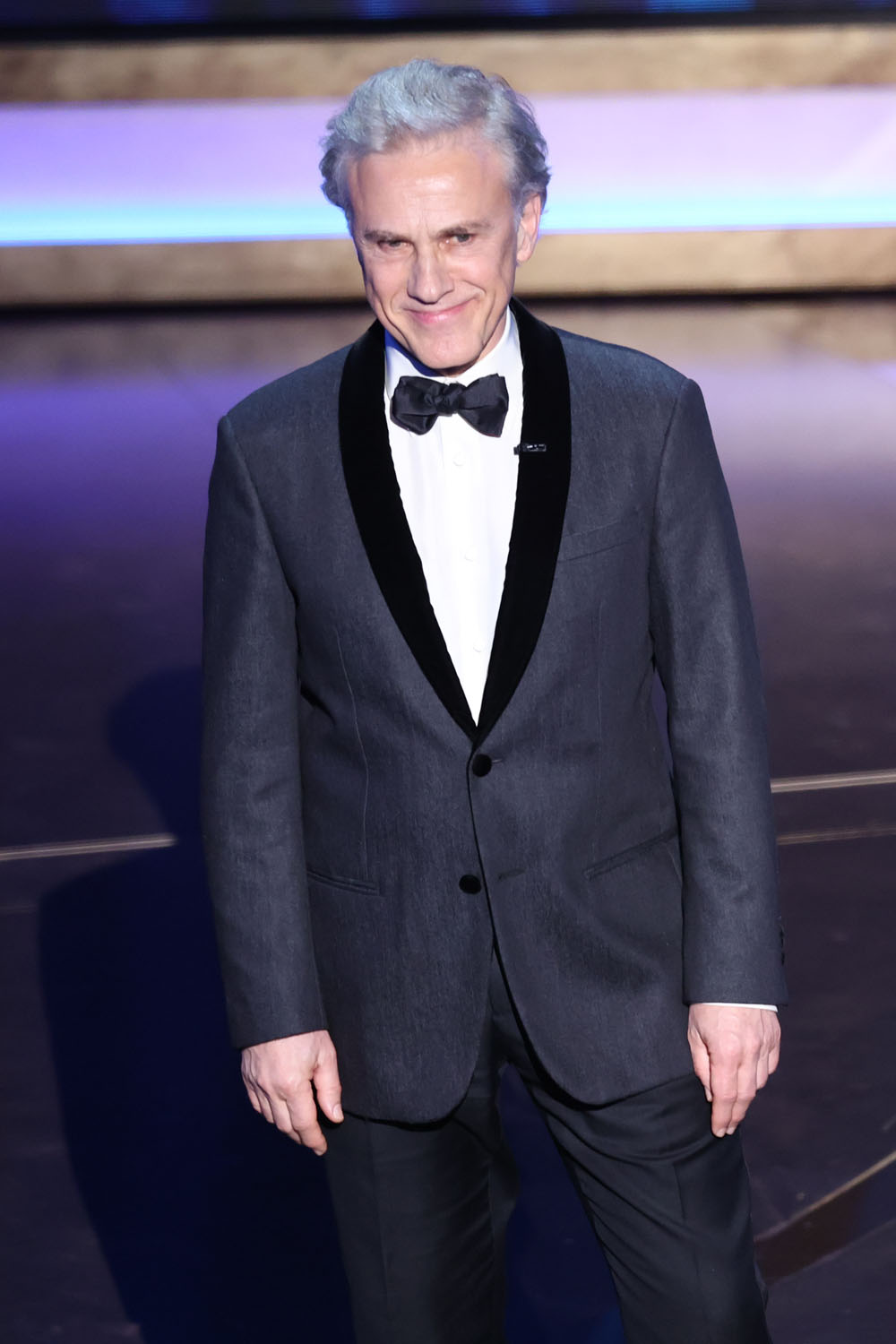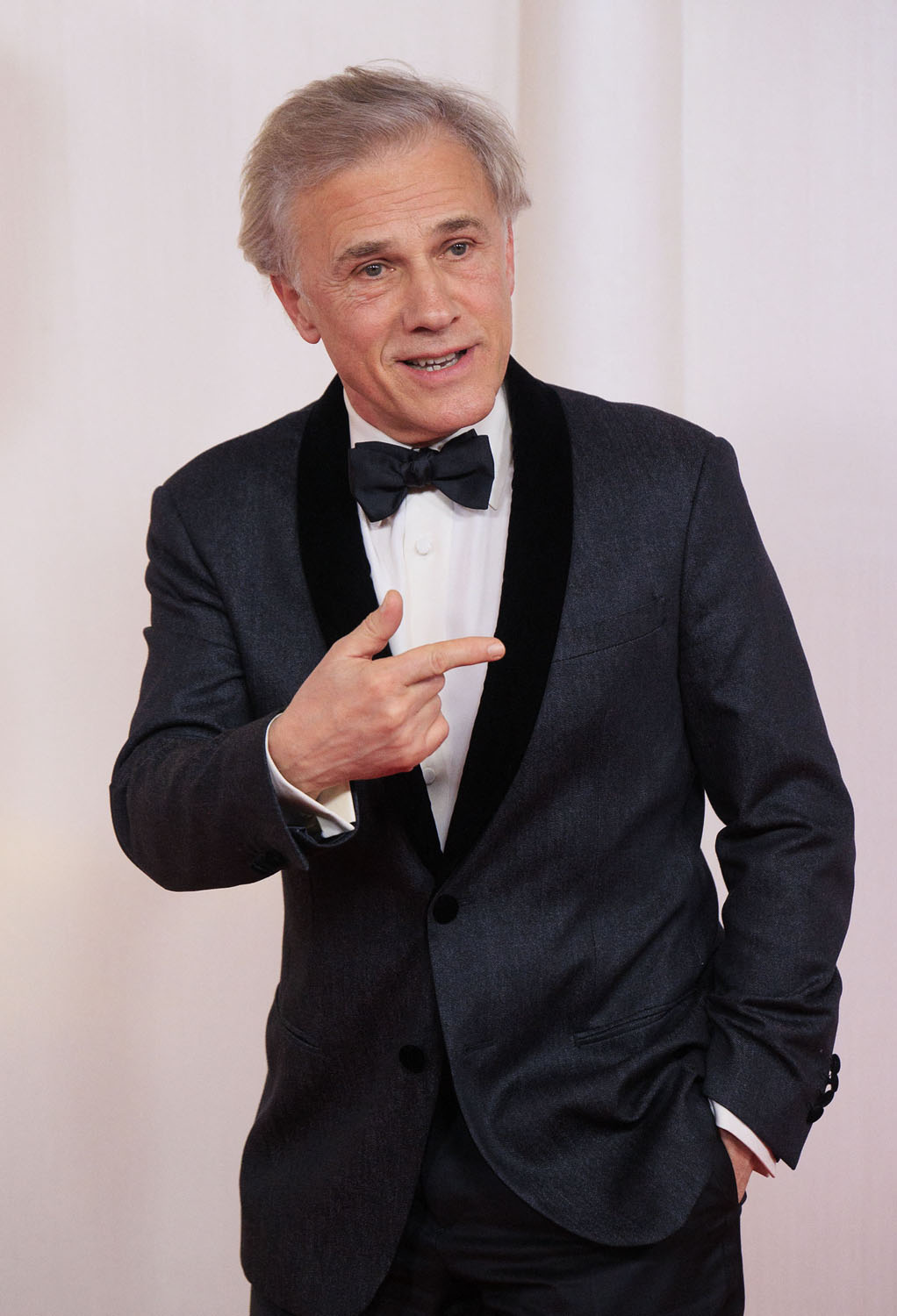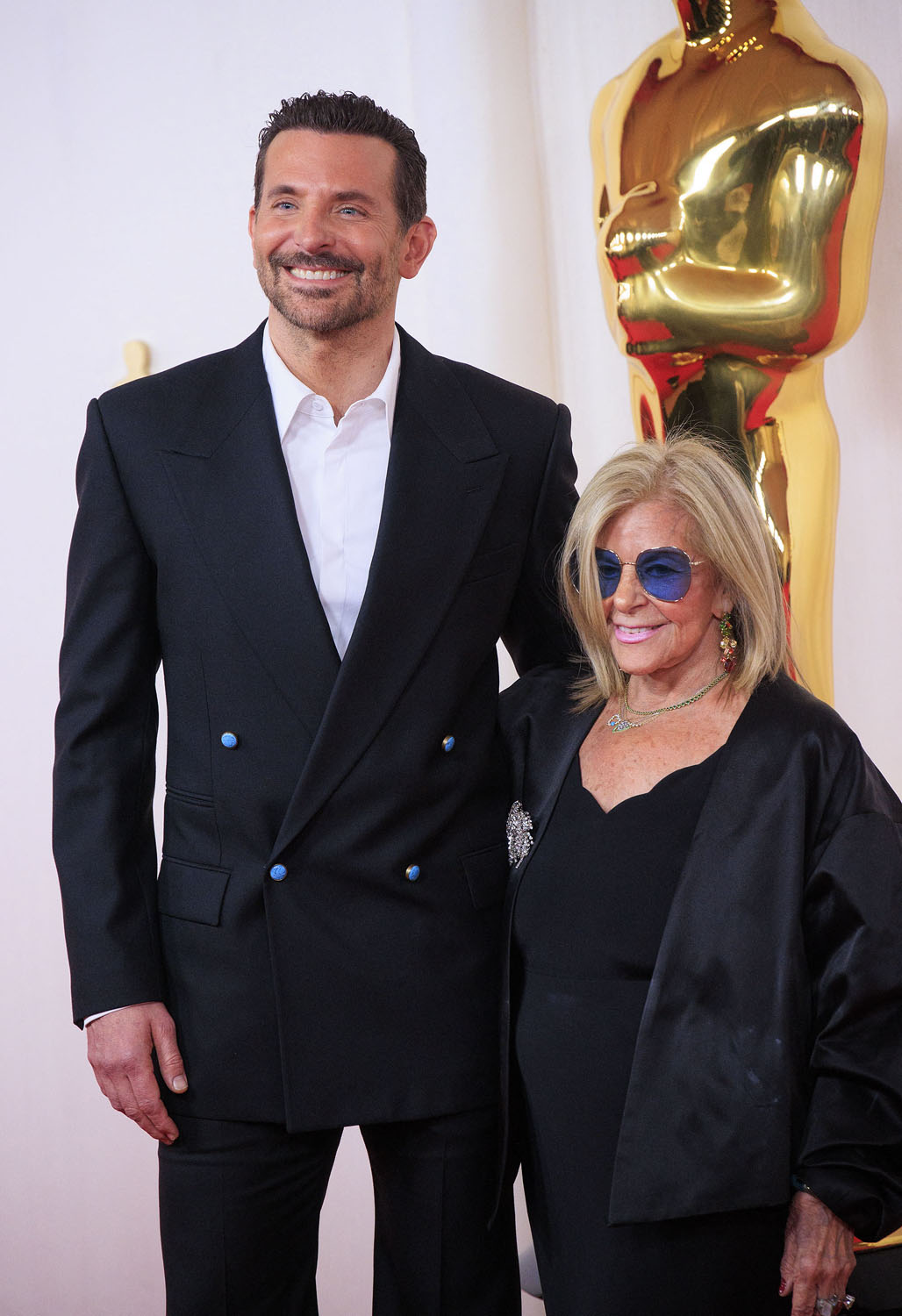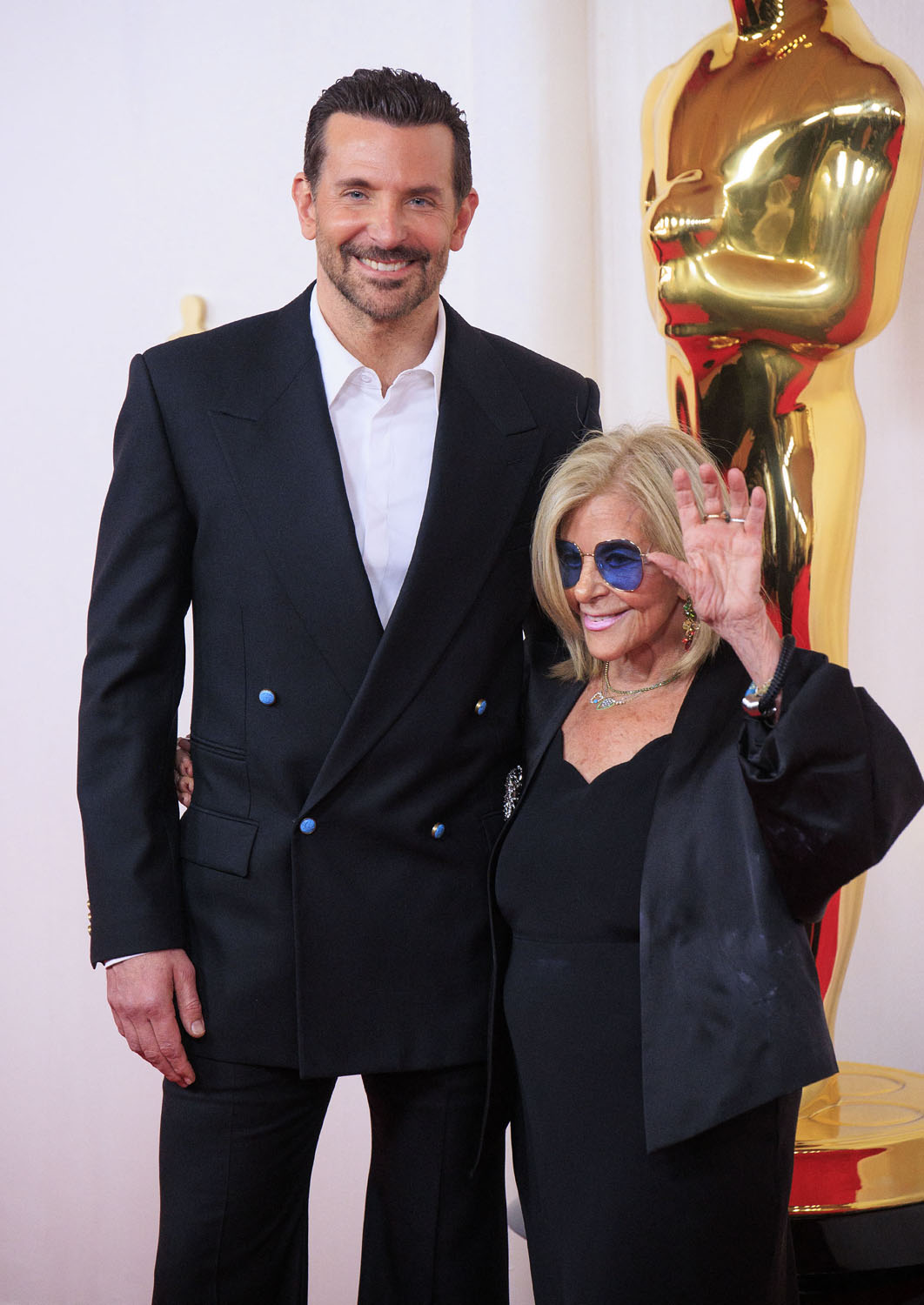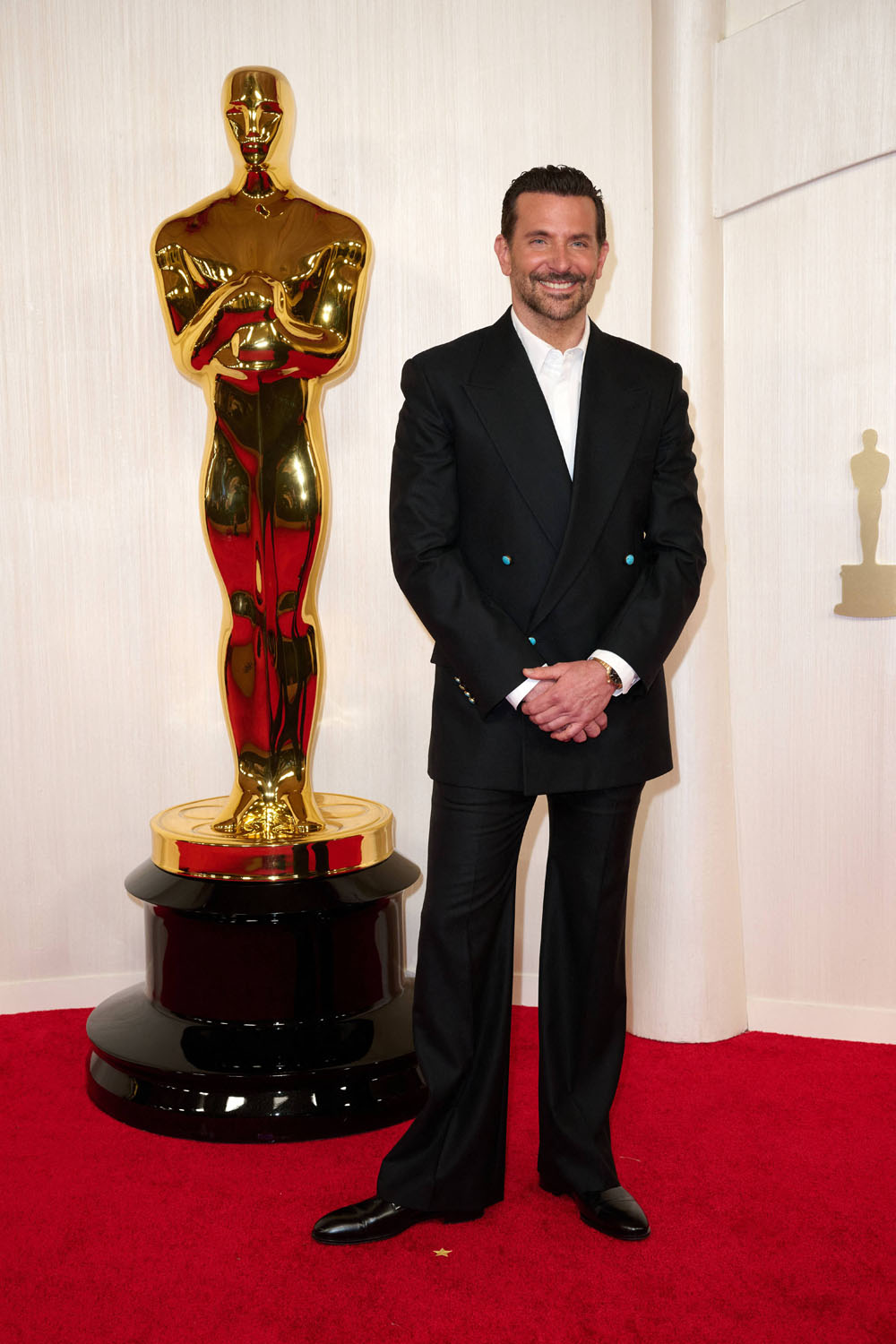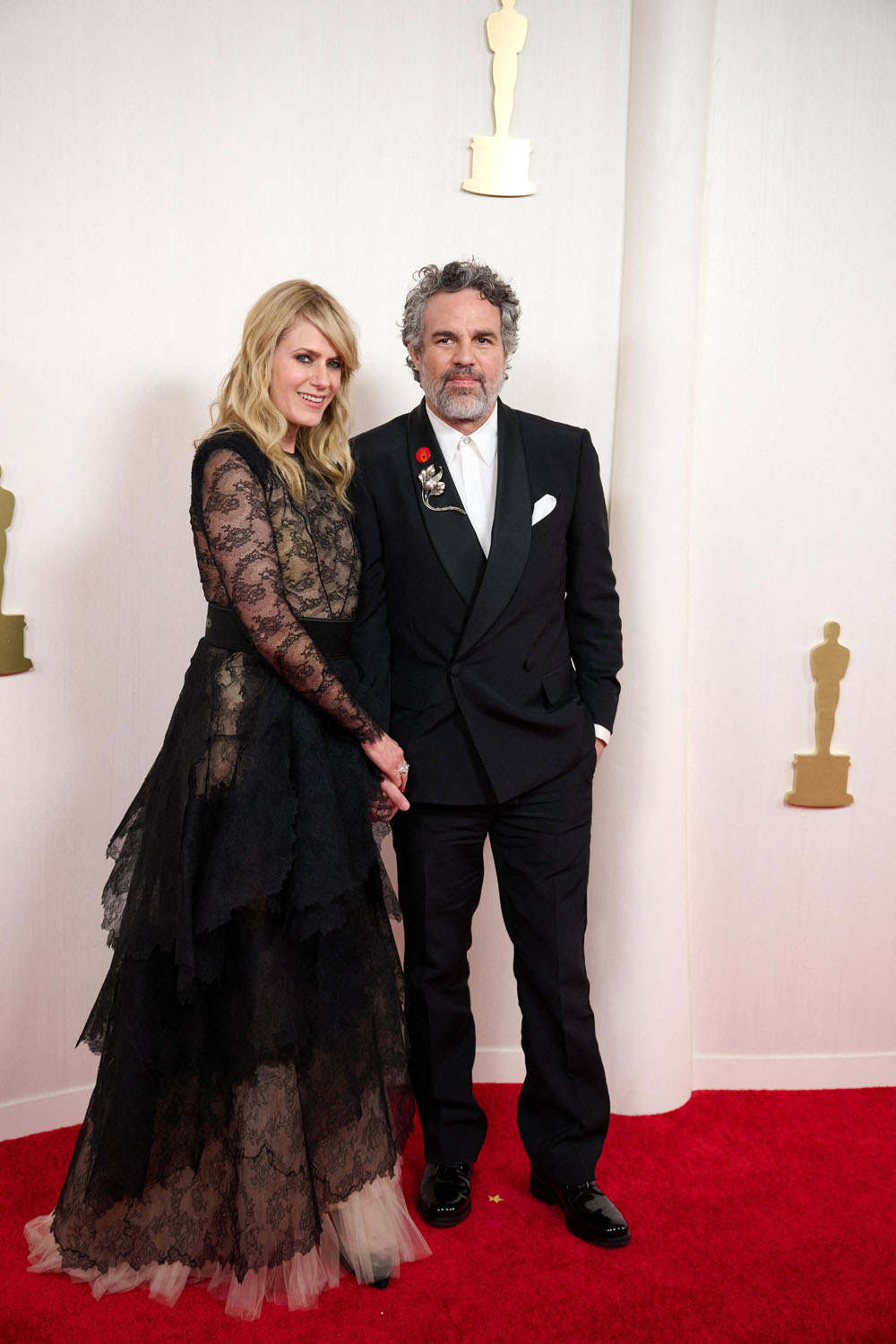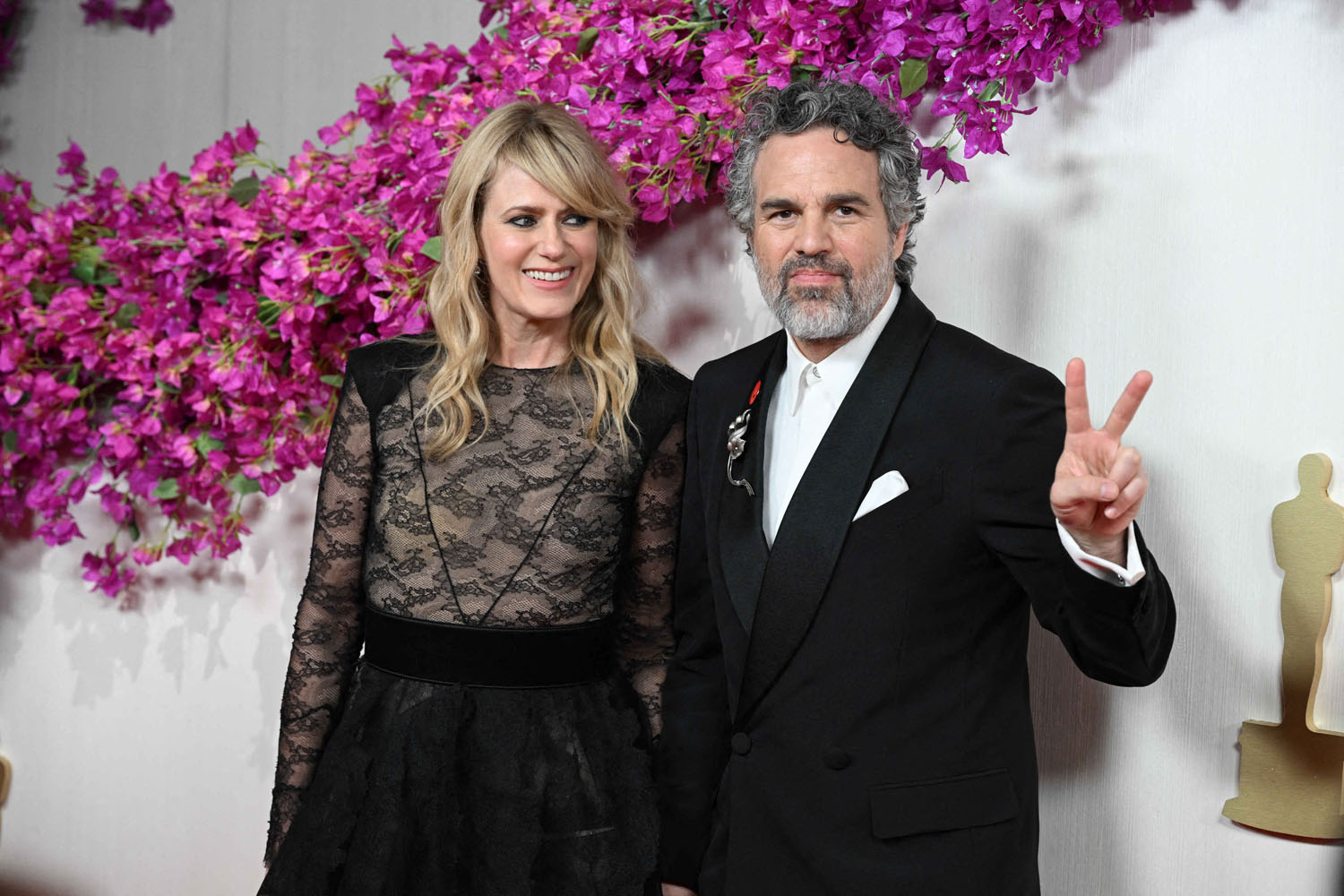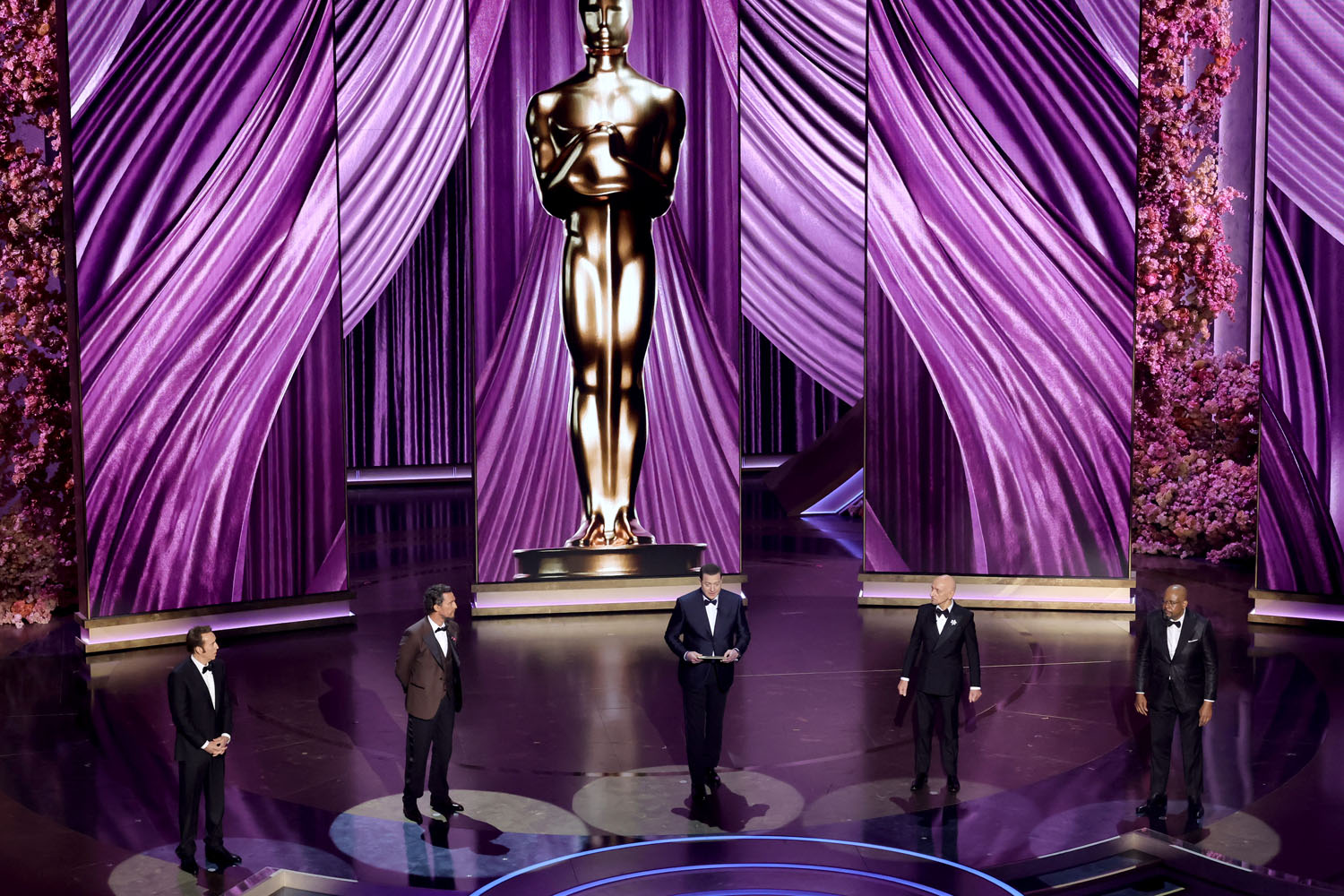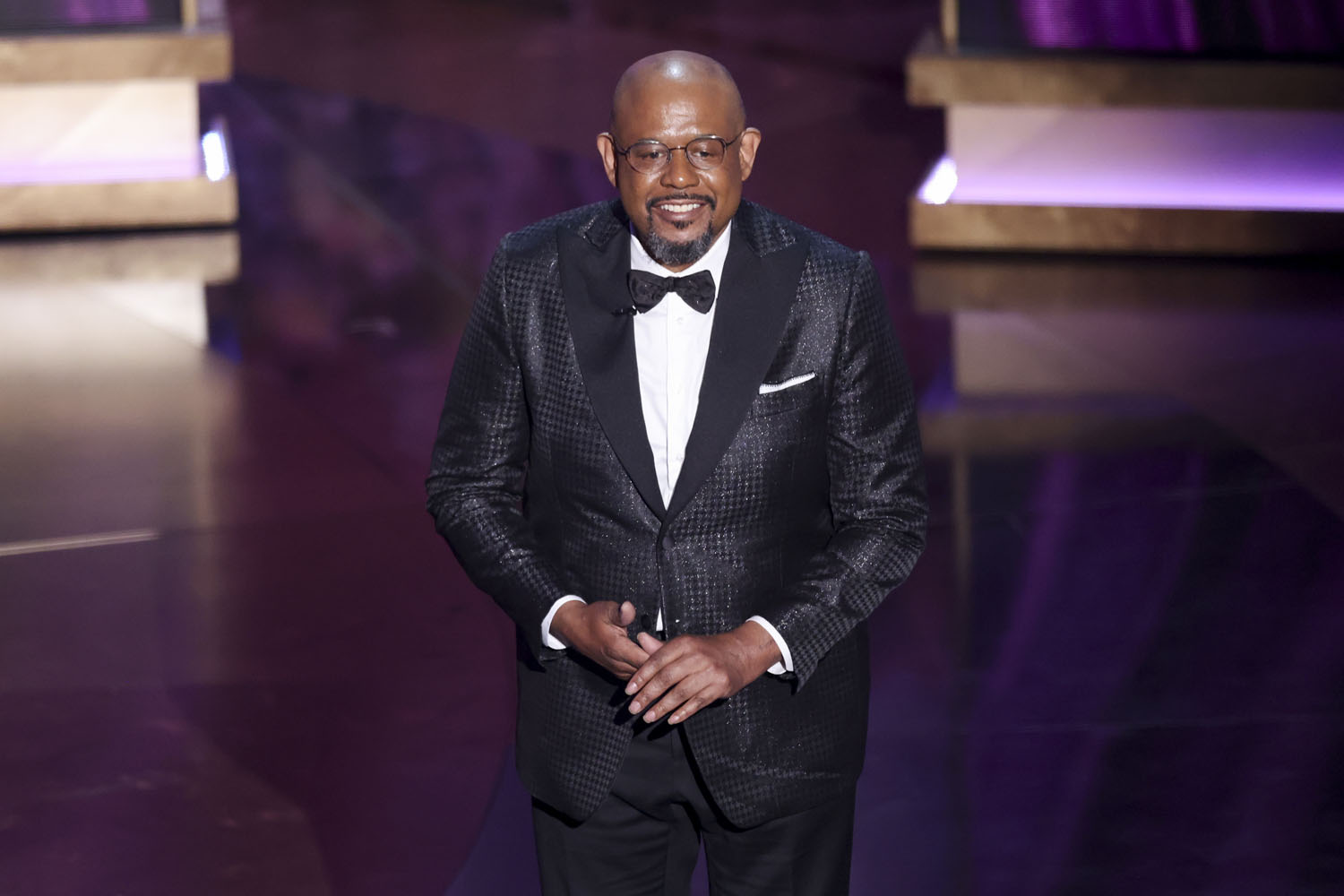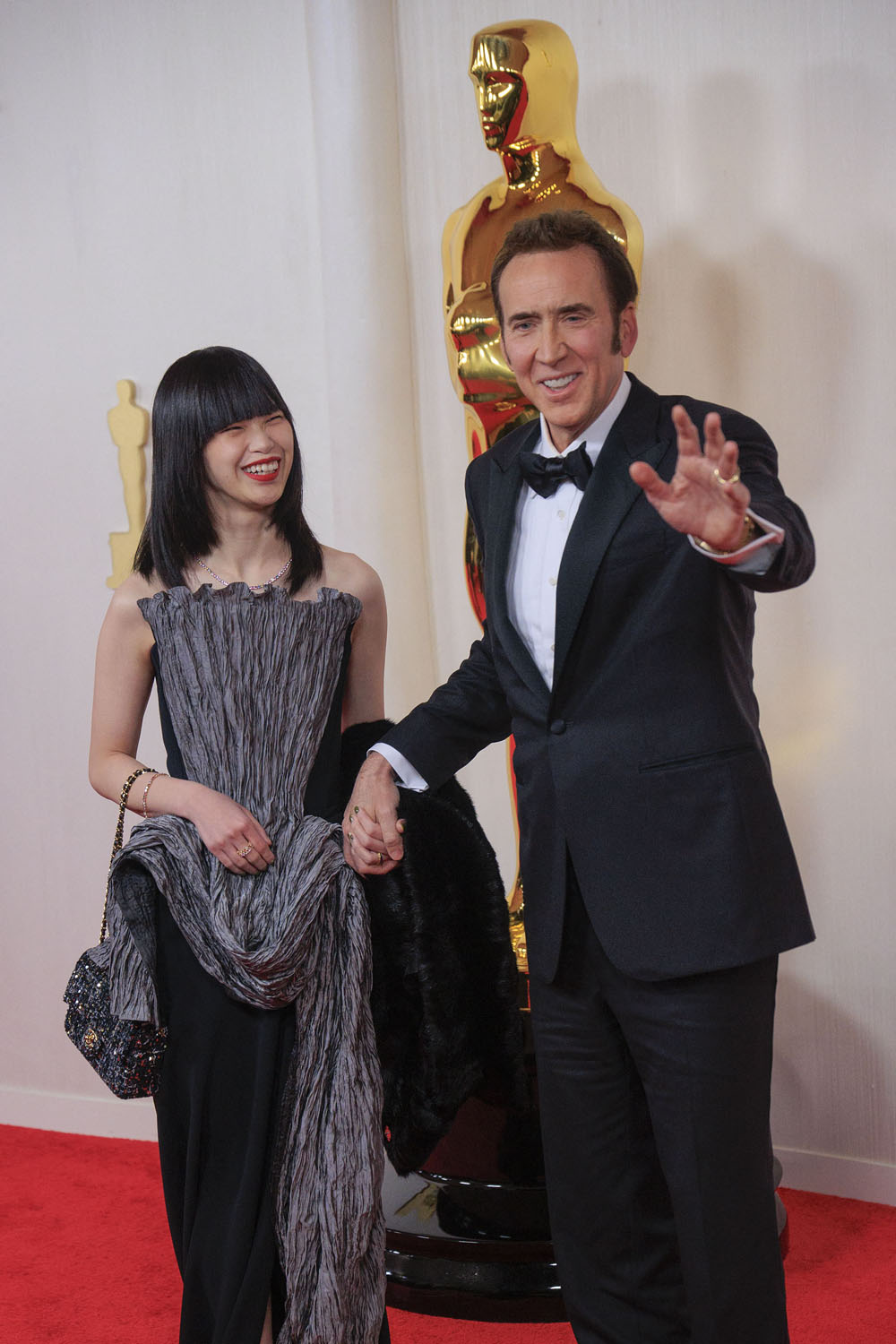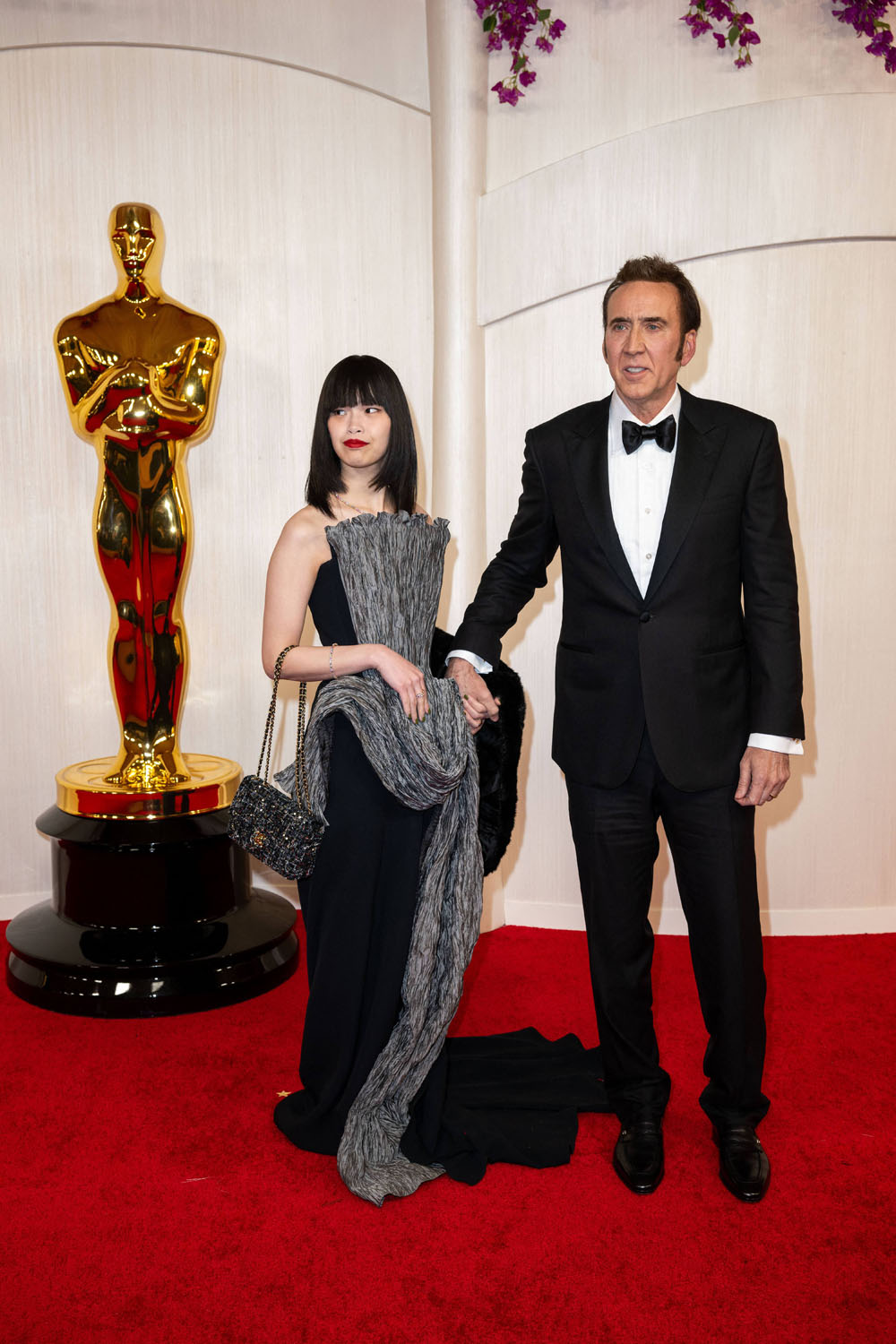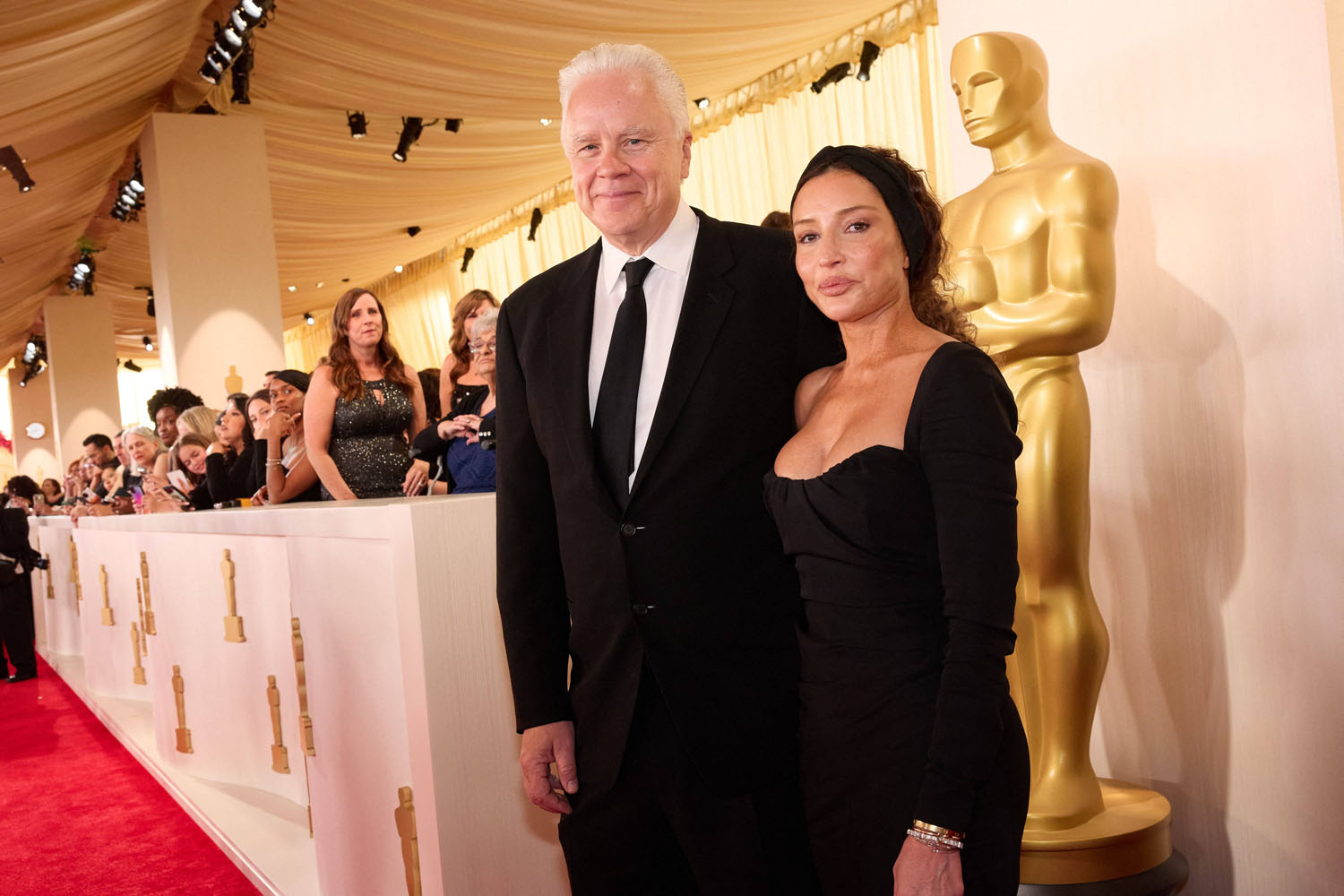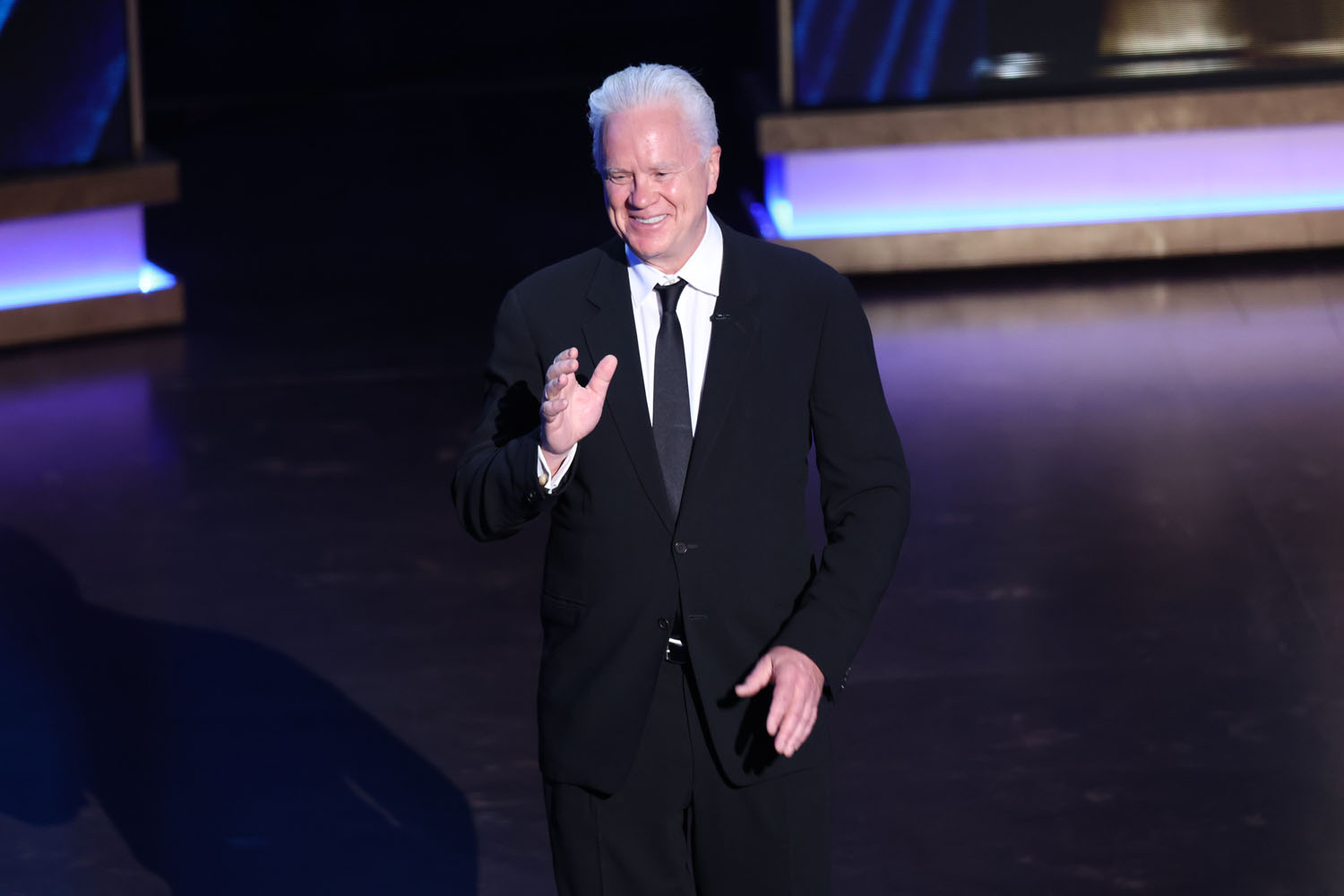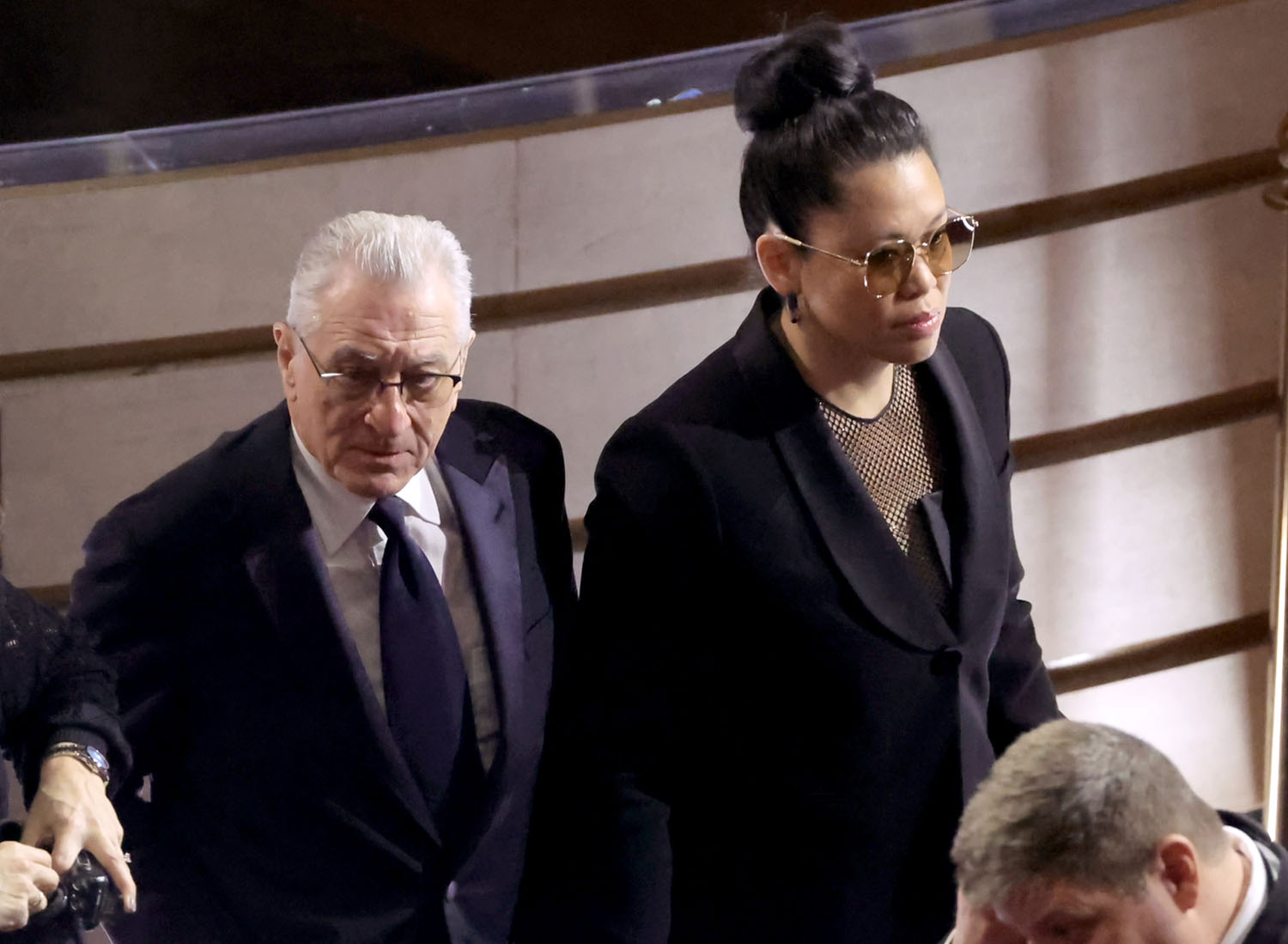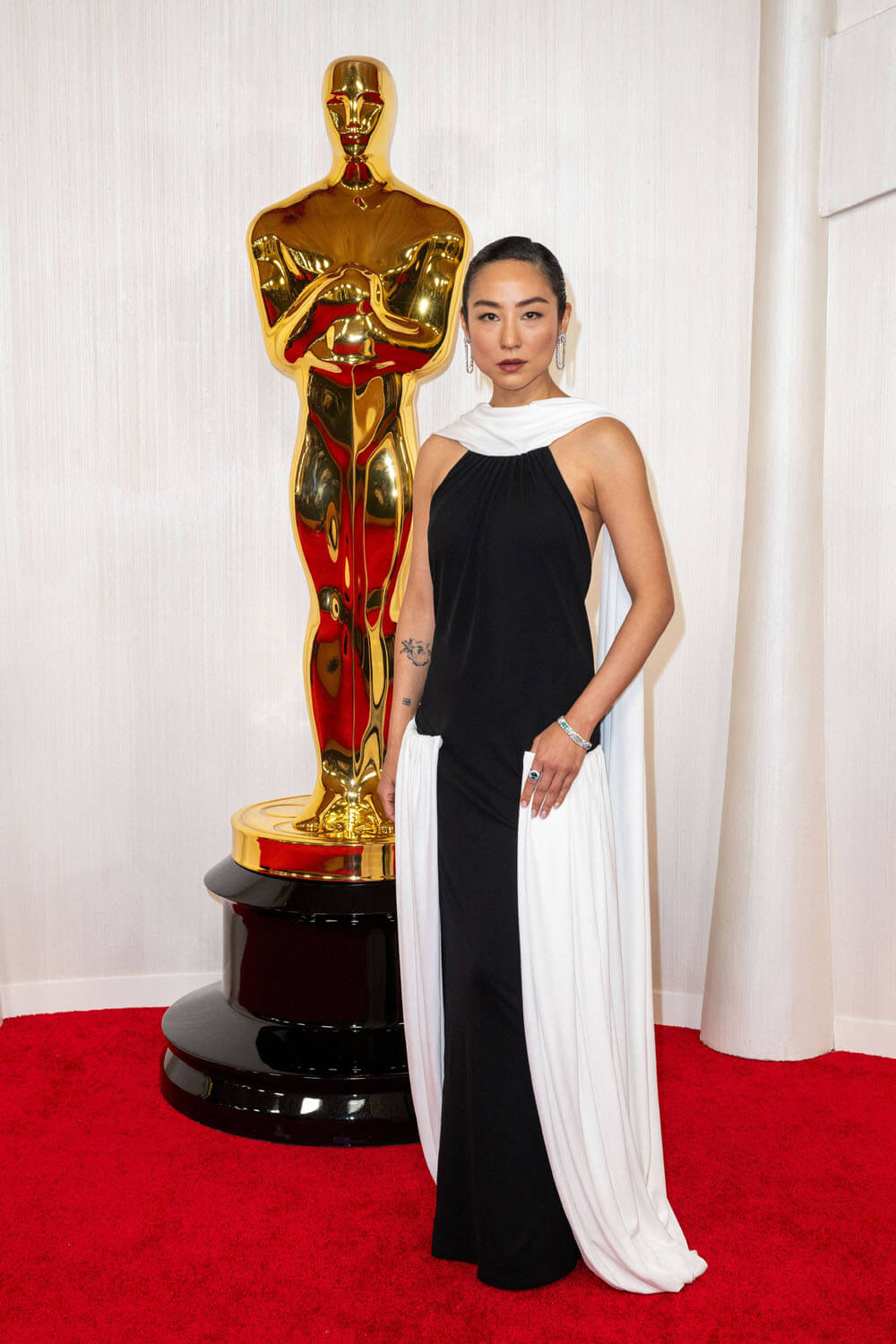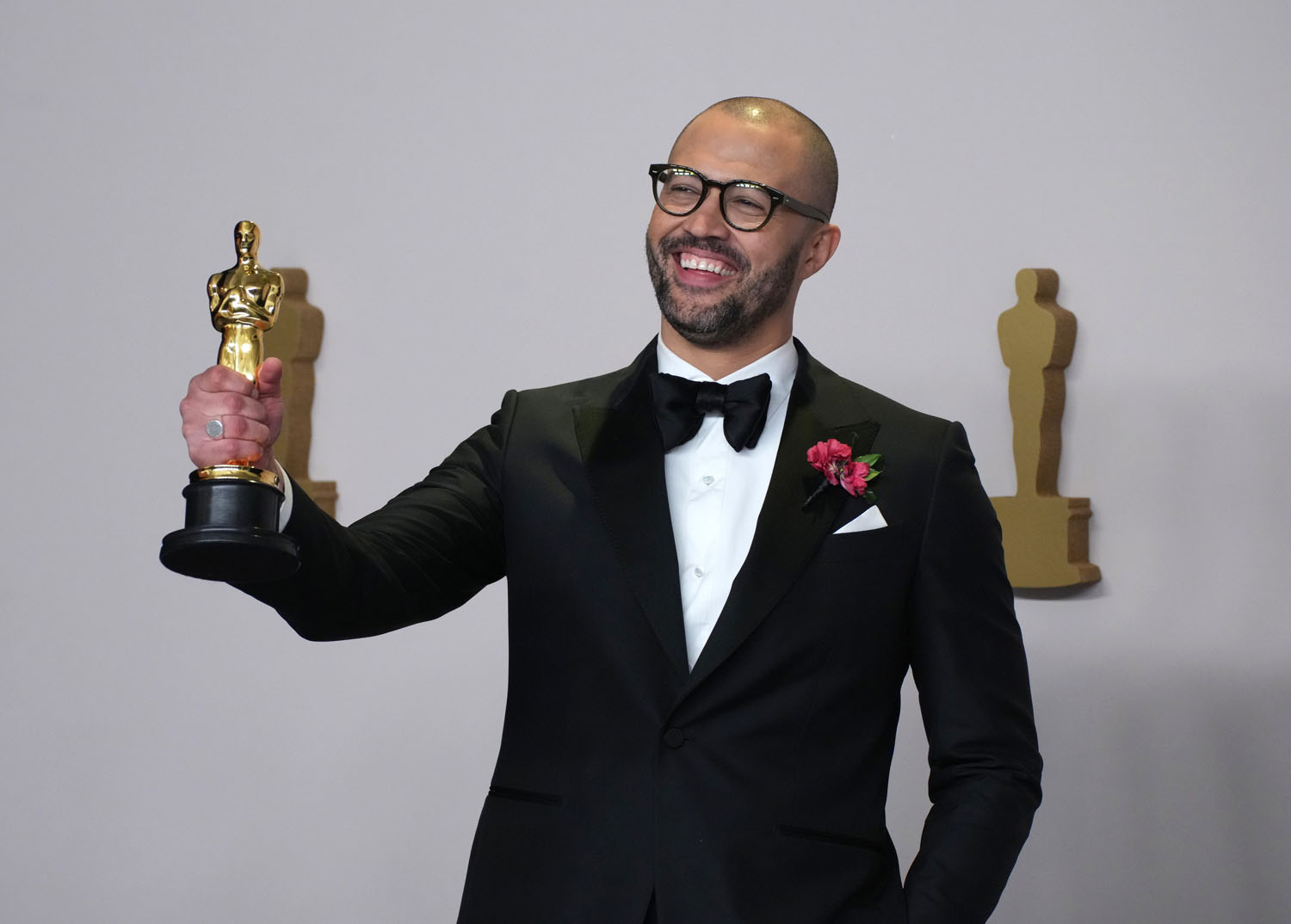Just dudes being bros


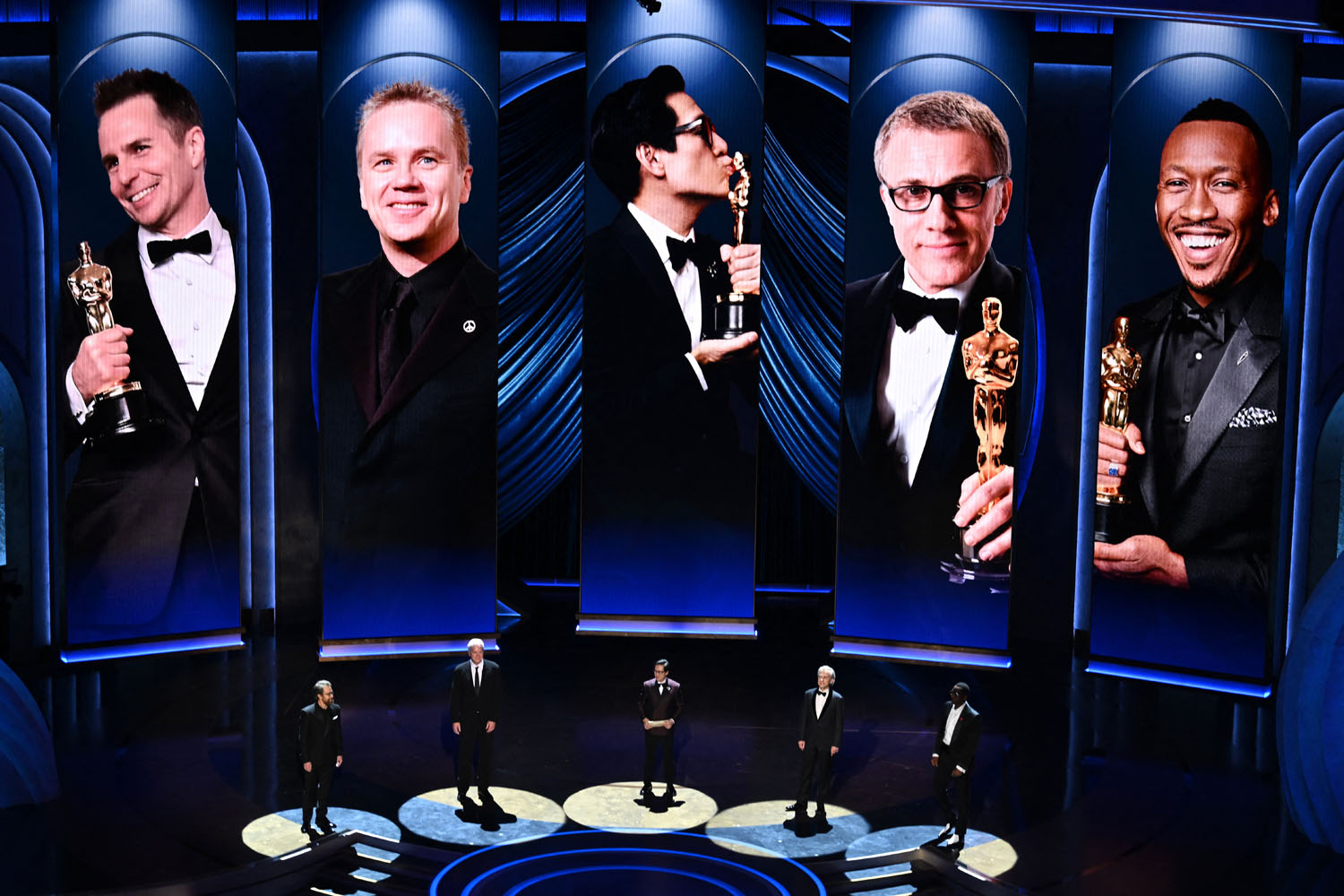
This year, the Oscars brought back the five-presenter format for the acting awards, in which previous winners personally introduced each of the five nominees. It’s a fun piece of living Oscar history, even if I would ALSO like to see clips of the nominated performances (make the show four hours! FEED ME, SEYMOUR!).
The format worked especially well for the Best Supporting Actor group, which combined actual, off-screen friendships with solid matches between presenter and nominee. Sam Rockwell, always impishly handsome, announced Robert Downey, Jr., who is one of his real friends. Yes, they worked on Iron Man 2 together, but they also have an actual, real-life friendship that gives Rockwell’s words extra impact.
Even when there isn’t a pre-existing relationship between the presenter and nominee, the matchups were good. Like Tim Robbins introducing Robert De Niro, they’re both highly respected and accomplished actors, and they’re both known for activism, so you believe the deference Robbins pays to De Niro, and the warmth with which De Niro receives it (which is about as warm as he gets in public). Similarly, Christoph Waltz, with that naughty twinkle in his eye, is the PERFECT person to introduce Ryan Gosling. Like The Gos, Waltz is best known (now) as a dramatic actor, but he has real comedy chops, so when he talks about Ken, we can feel his own Kenergy going into it (in the US you can watch it here).

This is the best possible version of this format. It didn’t work quite as well for the Best Actor group, mainly because there wasn’t a personal friendship connection like with Rockwell and RDJ, but Forest Whitaker was able to speak personally to Colman Domingo, whom he worked with, and matching up Matthew McConaughey and Bradley Cooper was solid, too, as they are both Hollywood Blonde Men Who Drive Everyone Insane. In the same vein, Nicolas Cage’s bonkers energy is a good match for Paul Giamatti, who is lower key but no less weird—have you heard his podcast about Bigfoot, cryptids, and other paranormal mysteries? Paul Giamatti is weird! (He should be friends with Rhys Darby, who has similar interests.)
The five-presenter format is perfect when you can have some mix of personal friends and established working relationships matching up the presenters and nominees. And with the guys, that was mostly the case, and when it wasn’t, they still found presenters who made sense as presenters for their nominees. But the key remains—some of these guys have pre-existing relationships built on years of working together and crossing paths in various corners of the industry, and thus, get to build relationships. Mark Ruffalo and Mahershala Ali, for instance, haven’t worked together yet, but they know one another from events like this:
Timothée Chalamet, Mark Ruffalo and Mahershala Ali at the 92nd Annual Academy Awards #Oscars pic.twitter.com/8G2TQZX3BH
— Timothée Chalamet Updates (@tchalametupdate) February 10, 2020
The personal touch is key to making the five-presenter format work, because it actually IS personal. These are Oscar winners and nominees, but they’re also just dudes being bros, especially this year, when the nominees skewed a little bit older, they’ve been knocking around the industry together for a while. The respect is genuine but underpinning that is the sense of fun and playfulness that comes from knowing you can get away with a joke or a callout, like Rockwell’s dig at RDJ’s Tropic Thunder character, a Method actor who stays in character forever, sort of like RDJ got accused of doing with Tony Stark. Sam Rockwell is probably the only person who can get away with that joke in that moment. Which is what makes it so great! The five-presenter format is wonderful when it works. When it doesn’t…well, more on that later.

